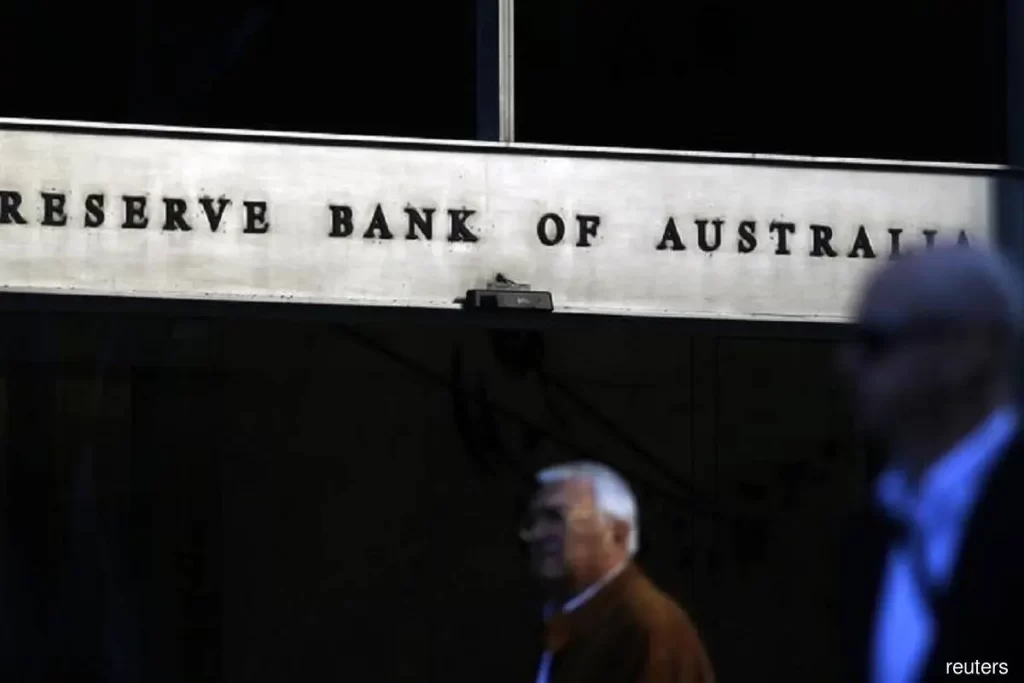Board’s Cash Rate Decision
At a recent meeting, the Board made the decision to maintain the cash rate target at 4.10% and the interest rate paid on Exchange Settlement balances at 4.00%. This comes after a series of interest rate increases totaling 4 percentage points since May of the previous year, aiming to strike a balance between supply and demand in the economy. Given the uncertain economic outlook, the Board believes that keeping interest rates steady this month will allow for better assessment of the rate increases’ impact.
Rationale
The logic behind maintaining the interest rates lies in the ongoing uncertainty surrounding the economy’s future. Keeping the rates steady will provide additional time for evaluating the changes implemented thus far. This careful approach aims to avoid any potential negative outcomes caused by premature or unnecessary rate adjustments.
Current Inflation Trends
Inflation in Australia is on a downward trend, with the monthly Consumer Price Index (CPI) for July showing further decline. However, inflation remains higher than desired, and is expected to continue at elevated levels for some time. While inflation in goods prices has decreased, service prices and rent costs are still increasing at a rapid pace. The central forecast predicts that CPI inflation will return to the target range of 2-3% by late 2025.
State of the Australian Economy
The Australian economy is currently experiencing below-trend growth, which is anticipated to persist for some time. Elevated inflation levels are affecting real incomes, leading to weak household consumption and dwelling investment growth. Despite these factors, the labor market is still tight, with only a slight easing in conditions. Unemployment is expected to rise gradually, reaching around 4.5% by the end of next year. Wages growth has accelerated in the past year but remains in line with inflation targets, given that productivity growth increases.
Forecasts
Bringing inflation back within the target range is the Board’s top priority, as high inflation can have detrimental effects on the economy and the everyday lives of Australians. Inflation erodes savings, strains household budgets, hampers business planning and investment, and exacerbates income inequality. If high inflation becomes ingrained in public expectations, reducing it later would require even higher interest rates and a larger increase in unemployment.
Recent data indicates that inflation is on track to return to the 2-3% target range, with output and












